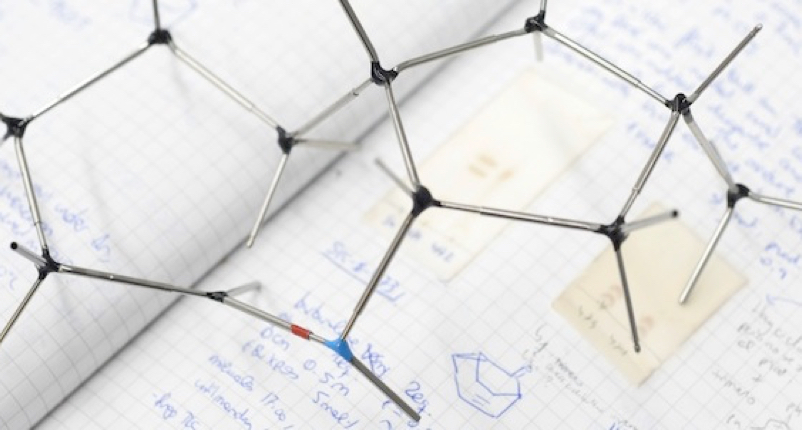Volcano-like Behavior of Au-Pd Core-shell Nanoparticles in the Selective Oxidation of Alcohols
Gold-palladium (AuPd) nanoparticles have shown significantly enhanced activity relative to monometallic Au and Pd catalysts. Knowledge of composition and metal domain distributions is crucial to understanding activity and selectivity, but these parameters are difficult to ascertain in catalytic experiments that have primarily been devoted to equimolar nanoparticles. Here, we report AuPd nanoparticles of varying Au:Pd molar ratios that were prepared by a seed growth method. The selective oxidation of benzyl alcohol was used as a model reaction to study catalytic activity and selectivity changes that occurred after varying the composition of Pd in bimetallic catalysts. We observed a remarkable increase in catalytic conversion when using a 10:1 Au:Pd molar ratio. This composition corresponds to the amount of Pd necessary to cover the existing Au cores with a monolayer of Pd as a full-shell cluster. The key to increased catalytic activity derives from the balance between the number of active sites and the ease of product desorption. According to density functional theory calculations, both parameters are extremely sensitive to the Pd content resulting in the volcano-like activity observed.

T. A. G. Silva, E. Teixeira-Neto, N. López, L. M. Rossi
Scientific Reports 2014, 4, 5766
DOI:
Go to the journal

Let's create a brighter future
Join our team to work with renowned researchers, tackle groundbreaking
projects and contribute to meaningful scientific advancements



















